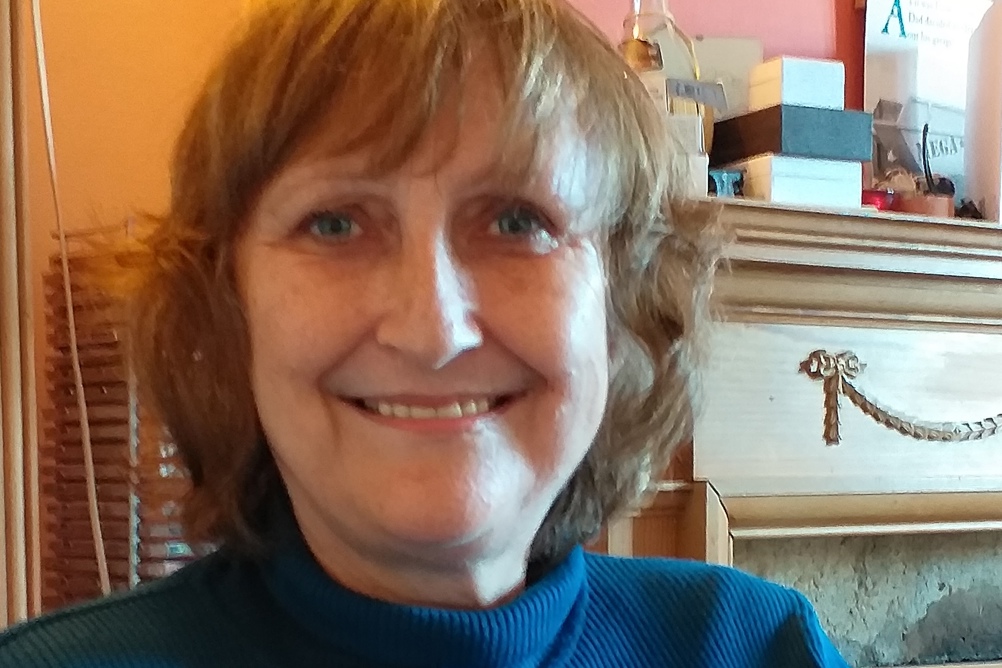
When I started, I was still recovering from a viral infection (assumed to be coronavirus), which had left me fatigued and in low mood. My journey to the nursery was a constant reminder that we were in the throes of a pandemic. A new world had emerged, with new signage, social distancing, hand sanitising zones and face coverings, and all had to be adhered to for the sake of everyone who had to travel on public transport.
I was also apprehensive about taking on the job. I had not worked in a nursery before and I had not worked with well children since my teaching days. Would the nursery team be friendly, would I have enough physical stamina, and would I be able to adapt to working with healthy children?
Register now to continue reading
Thank you for visiting Nursery World and making use of our archive of more than 35,000 expert features, subject guides, case studies and policy updates. Why not register today and enjoy the following great benefits:
What's included
-
Free access to 4 subscriber-only articles per month
-
Unlimited access to news and opinion
-
Email newsletter providing activity ideas, best practice and breaking news
Already have an account? Sign in here
